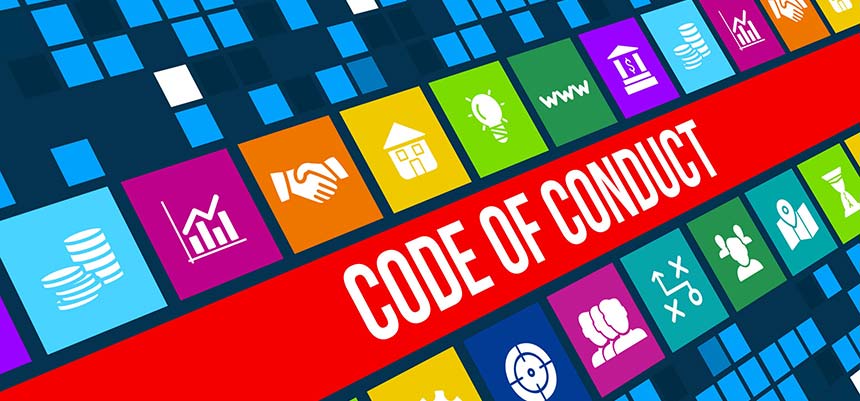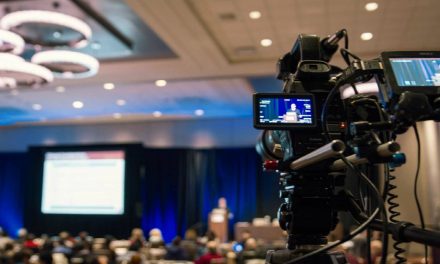
Sarah Timm
Chief Executive Officer
In the age of “me too”, organizations have an increased responsibility to make their meetings an enjoyable experience for all attendees free of any kind of harassment. Association managers and meeting planners now have a new responsibility – developing and enforcing a code of conduct for behavior of attendees at their meetings. While there is no current case law of an association being sued for misconduct of an attendee at their meeting, I understood recently from a lawyer colleague that it is just a matter of time before such a case will arise. I believe each association has a responsibility to develop a code of expected conduct at society events and then ask each attendee to attest to the code as they are registering for the event.
One PMG client took an early stand in developing this type of code. In 2016, with the help of PMG and legal advice the American College of Neuropsychopharmacology (ACNP) developed a code of conduct that defines harassment and explains its zero-tolerance policy. A copy of the code can be found here. In addition to harassment sexual in nature, the code also prohibits any bullying behavior which can occur in academic research meetings. The policy also clearly states a process for reporting a complaint and a description of how a complaint is then handled internally. As many organizations have small, collegial memberships, we recognize the importance of ensuring that neither volunteers of the organization (usually peers) or direct staff manage these complaint reports. Senior staff within the leadership of PMG manage the process of receiving the report and staff or another independent third-party firm (like a law firm or human resources firm) takes responsibility for investigating the complaint and compiling a report to the committee tasked with adjudicating the reports. This process alleviates volunteers of the organization becoming closely involved with complaints that may come from or be about a colleague. The PMG staff or other third party does its best to keep the identification of the individuals involved confidential.
One other important aspect of a code of conduct is outlining the levels of repercussions from any founded complaint. It is important to note that just as an organization should not accept reports of misconduct of members or attendees from outside of a society-sponsored event, any punishment from violations of the code of conduct should also be kept confidential within the organization and must relate directly to the organizations’ activities.
After having the code of conduct in place now for just over two years, the ACNP has dealt with six complaints to date. Several of those stemming from incidents at meetings prior to the incorporation of the code. Each complaint has been expeditiously reviewed and if deemed a violation to the code, investigated. The Executive Committee of ACNP has reviewed the findings of all investigated cases and has chosen to deal with any sort of repercussions privately rather than getting the Ethics Committee or full Council involved. While dealing with these sorts of cases are never pleasant, having a clearly defined code that each attendee has attested to uphold along with specific steps for dealing with complaints has shown attendees and members expectations for a collegial, harassment-free meeting.






